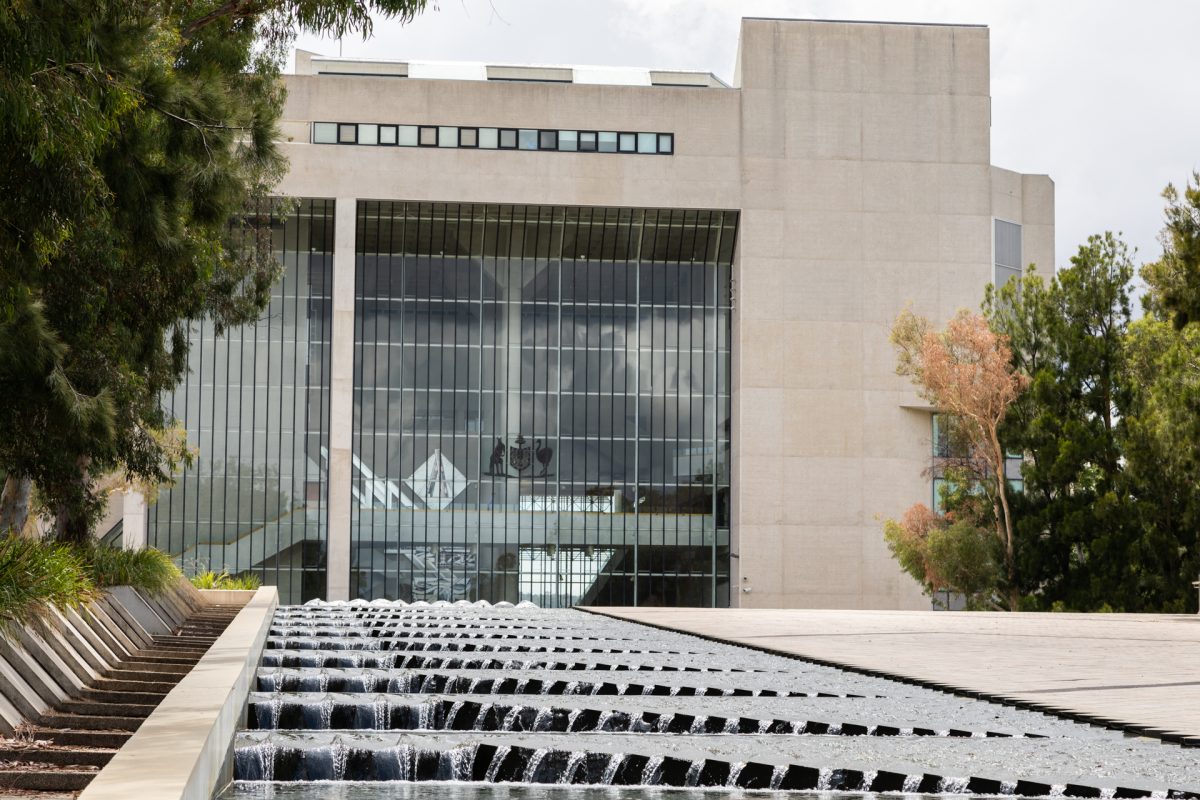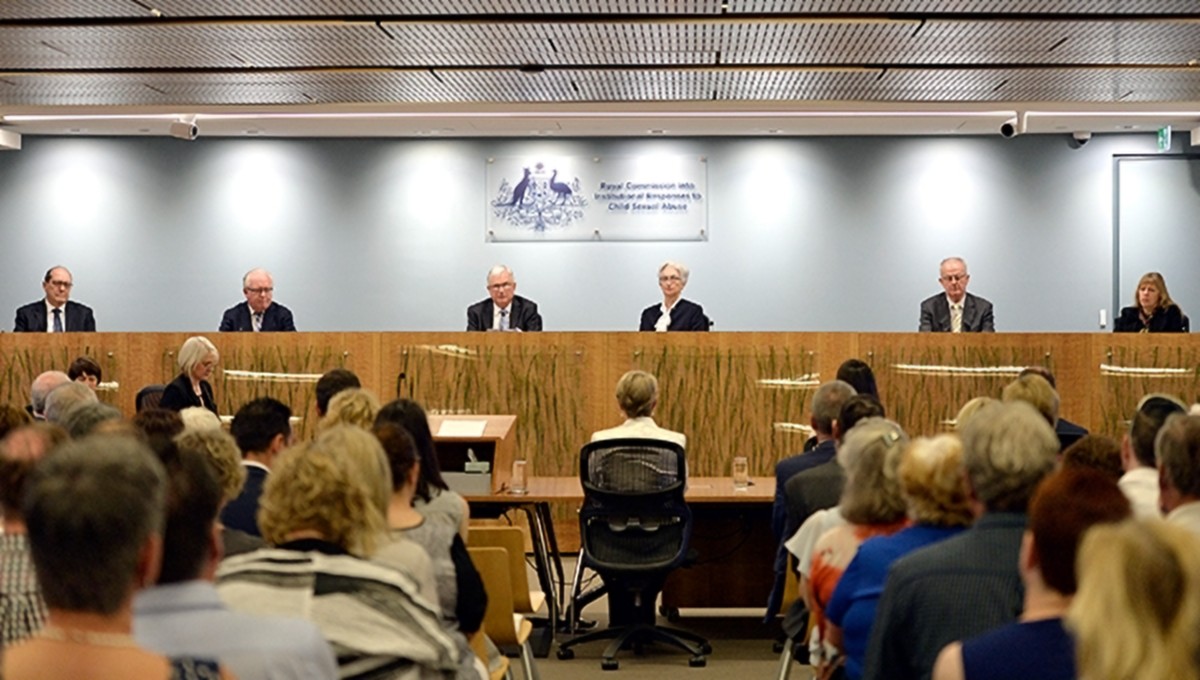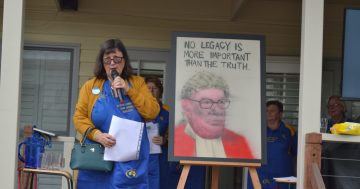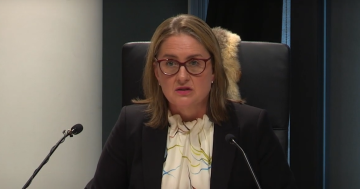
The High Court of Australia ruled that a fair trial could be had in a historical abuse claim. Photo: Michelle Kroll.
The High Court of Australia has overturned a decision by Queensland’s Supreme Court of Appeal, supporting a new legal precedent that removes barriers to compensation for survivors of child sexual abuse.
Last week (13 November) the peak court of Australia’s legal system ruled that a fair trial could be had in a historical abuse claim, despite the passage of time and death of all but one alleged offenders and majority of key witnesses.
This ruling has meant a ‘permanent stay of proceedings’ will not be entirely granted in the case of Willmot v The State of Queensland. Head of abuse law at Slater and Gordon, Stephanie Brown, said it was a fantastic outcome for survivors of child abuse everywhere.
“A permanent stay effectively operates to benefit the defendant and creates continuing immunity from prosecution,” she said. “It essentially means that a survivor’s claim, their entitlement to damages, and their road to justice are ceased permanently.
“A permanent stay ignores the fact that adult plaintiffs were once vulnerable young children, who believed the threats of their abusers and who never dared to report the abuse.
“We hope that this decision sees the law change in a positive way for survivors to put an end to permanent stays on matters of abuse.”
Indigenous woman, Joanne Edith Willmot, originally filed a claim against the State of Queensland for damages due to psychiatric injury, which stemmed from alleged abuse she endured in state care from three years of age and throughout the 1950s and 1960s.
As the plaintiff, she alleged the State of Queensland failed to properly monitor and supervise her and those into whose care she was placed.
While the alleged abuse occurred decades ago, changes to the Limitations of Actions Act 1974 (Qld) mean such claims do not have time limits.

Since the removal of limitation periods following the royal commission’s inquiry into institutional responses to child sexual abuse, Ms Brown said it was “known and accepted that when survivors finally have the courage to come forward … these matters will be years if not decades old”. Photo: RC.
Given the circumstances, the defendant (State of Queensland) applied for a permanent stay of the proceedings on the basis that a fair trial was not possible, which was granted in July 2022. Despite an appeal made by Ms Willmot to the Queensland Supreme Court of Appeal, the original decision was upheld in May 2023.
However the High Court has now ruled in favour of Ms Willmot by dismissing the permanent stay.
The legal sector has regarded this a landmark decision in favour of a precedent set last year in the matter of GLJ vs The Diocese of Lismore – where another permanent stay was not upheld.
In its judgement, the High Court recognised a “new world” where it should be expected that claims of child sexual abuse will be made “where there may not be documentary evidence or direct corroborating evidence”.
Law firm Minter Ellison claims a ‘permanent stay’ continues to be considered an “extreme step”, however partner Katie Clark asserts “this is not an open door for claims to succeed against deceased persons”.
“While it may be fair to allow such a plaintiff to have their claim tried,” wrote Ms Clark, “that plaintiff will still be required to prove their claim to the civil standard, and the court will still need to be satisfied as to the fact of the alleged abuse, the breach of duty and the causal link.”
For Ms Brown at Slater and Gordon, she feels it has set a “precedent for other survivors to know they have access to the justice they deserve and will be heard if they come forward”.
“For too long Indigenous Australians who have suffered in state care have had their trauma ignored,” she said. “We see this as a win for all of our First Nation clients, all who unfortunately have similar stories to Ms Willmot.
“Ms Willmot has bravely taken her fight all the way to the High Court and reminded everyone of the very real psychological affects abuse has on survivors.
“We want to see courts continue with this same approach and allow each case to proceed to trial on its merits, and not to allow such claims to be encumbered by interlocutory disputes.”






